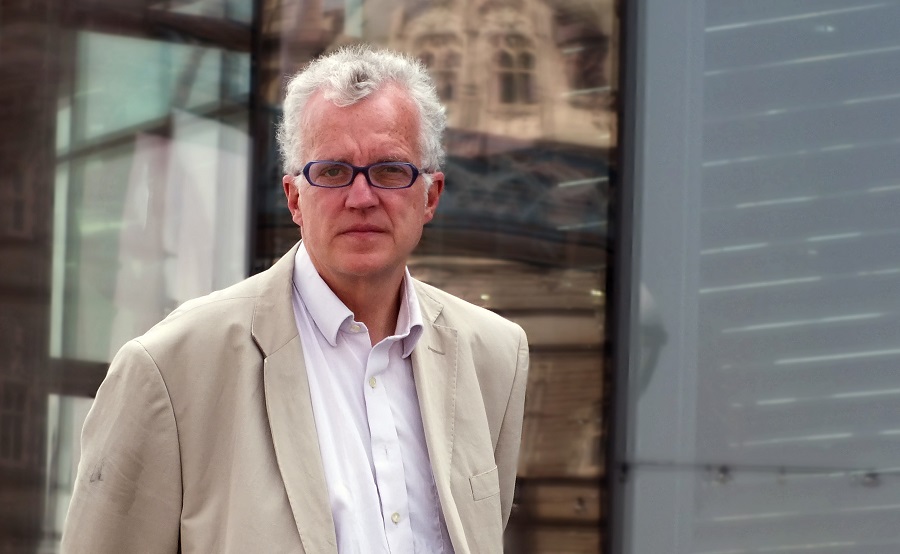Why the survivors’ groups are legitimate targets
Those politicians abject apologies over attempts to find out the political affiliations of rail safety campaigners are misplaced. The campaigns set up by survivors and relatives of victims of railway accidents are legitimate political targets because their leaders are demanding changes in Government policies which would cost taxpayers billions of pounds.
Such groups enter the political arena and must be prepared to face its rough and tumble.
Indeed, in this case, the involvement of a leading Tory activist, Martin Minns, in the Paddington Survivors’ Group suggests that their campaign had indeed been hijacked for political ends. It was therefore perfectly reasonable for Dan Corry, Stephen Byers’s political adviser, to seek further information on their background.
The rail victims have had terrible experiences and their anger prompts them to want to ensure other rail users do not suffer as they have. They are following a trend set by Diana Lamplugh, who launched a charity advising on personal security after her daughter disappeared, and of Jayne Zito, whose husband was killed by a schizophrenic.
Such campaigners start with tremendous public sympathy which sections of the media then shamelessly exploit for their own political ends. Note, however, that newspapers tend not to take up causes like RoadPeace, the road victims’ lobby, even though cars have killed 35,000 people in the past decade compared with 62 on the railways. That runs counter to the pro-motoring view of most of the press.
Yet the views of such groups are often ill-thought out and their demands impractical – for example, the call from rail safety groups for 100 per cent security on Britain’s railways. This impossible aim is then translated into a ‘Labour failure’ by the right-wing press adopting their cause.
The very political nature of the issue was demonstrated by the Daily Mail ‘s extraordinary splash on Friday claiming that Pam Warren, the most high-profile campaigner, had been smeared by Labour. In fact, Corry’s memo made no mention of her. Ms Warren failed to see that she was being used and demanded an apology from the Prime Minister for crimes that had not been committed.
The rail survivors’ groups have, to their credit, tried to get to grips with complex technical safety issues but emotion clouds their judgment and they understandably ignore any consideration of value for money.
This is particularly true over the issue of trains going through red lights. They want immediate implementation of a European automated system that would prevent all such incidents, as recommended by the Cullen report into the October 1999 Ladbroke Grove crash. The cost would be at least £3.5 billion and it would save an estimated two lives per year. Such a sum spent on cancer treatment would save many more lives.
Moreover, the system would reduce capacity on the railways, leading more people to use cars. The result would be more, rather than fewer, transport deaths.
Meanwhile, the cheaper Train Protection and Warning System is being installed which will prevent more than 80 per cent of such incidents. This approach has been backed by eminent independent experts such as Professor Andrew Evans of University College and David Begg, chairman of the Commission for Integrated Transport. Yet Simon Benham, chairman of the Paddington Survivors’ Group, called that approach ‘disappointing’.
Stephen Byers’s mistake was to get sucked into the survivors’ group agenda. Last December, he met them and issued a joint statement agreeing to the implementation of all the Cullen recommendations. The new Transport Secretary, Alistair Darling, must treat transport safety more dispassionately.
He should also heed the advice of the Rail Passengers’ Council whose surveys show that improving safety is not top of passengers’ concerns.
The perceptions of the members of the survivors’ groups have been, understandably, affected by their tragic experience of the industry. Politicians must listen to them but they should not feel obliged to act on what they say.
